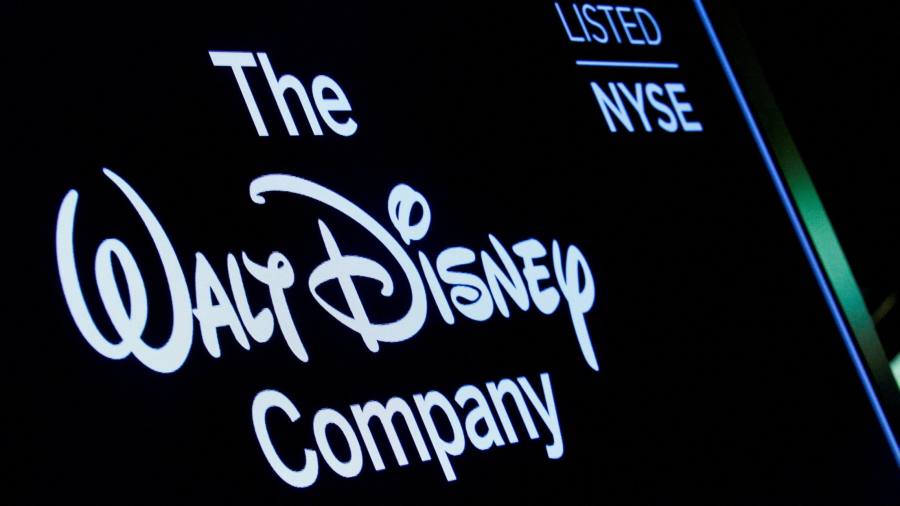Walt Disney sharply reduced its losses from video streaming in the second quarter as the company cut costs and raised subscription prices for services including its flagship Disney Plus platform.
Since he returned to the company in November, Bob Iger, Disney chief executive, has been under pressure to stop the bleeding of cash at its streaming services. Disney said on Wednesday that it reduced streaming losses by 26 per cent from a year earlier to $659mn in the quarter ended April 1 — better than the $850mn losses Wall Street had expected and a $400mn improvement from the prior quarter.
Disney said it had achieved the streaming savings in part by cutting marketing costs, though programming and production spending still rose. Streaming revenue increased 12 per cent from a year earlier, thanks in part to a rise in subscription fees.
Investors have lost patience with the growth-at-all costs investment into streaming by Disney and its rivals. Disney has pumped more than $10bn into its streaming business since launching in 2019 as it went head-to-head with Netflix.
The company said total subscribers to its streaming services, which include Disney Plus, ESPN Plus and Hulu, fell slightly to 231mn from 234mn in the previous quarter. But its average revenue per subscriber rose.
Iger said in a statement that he was “pleased” with the improvements in the streaming business, which he said “reflect the strategic changes we’ve been making throughout the company to realign Disney”. The company is in the middle of cutting 7,000 jobs, which is expected to save $5.5bn. Disney said it took a charge of $152mn in the quarter, “primarily for severance”.
Iger has also overseen a restructuring of Disney’s media and entertainment group.
Disney earned 93 cents a share in the quarter, in line with Wall Street expectations, and $1.27bn in net profit on revenue of $21.98bn. Its theme parks continued to show strong results since pandemic restrictions were lifted, with operating income up 23 per cent to $2.1bn thanks to strong attendance at its parks in Shanghai, Hong Kong and Paris.
But revenue Disney’s television networks fell 7 per cent in the quarter and operating income dropped 35 per cent due to lower advertising sales.
Disney’s shares have risen 13 per cent this year.
Read the full article here
